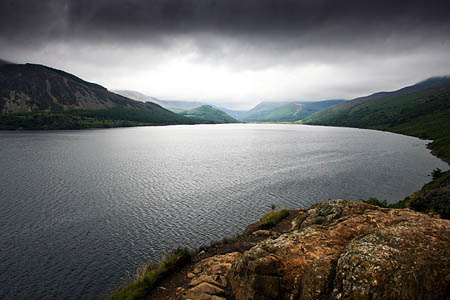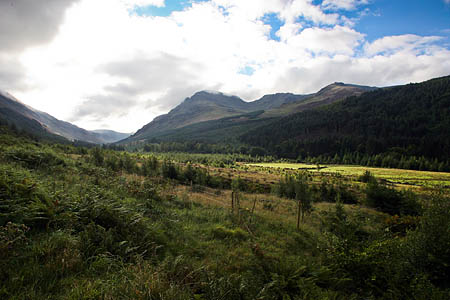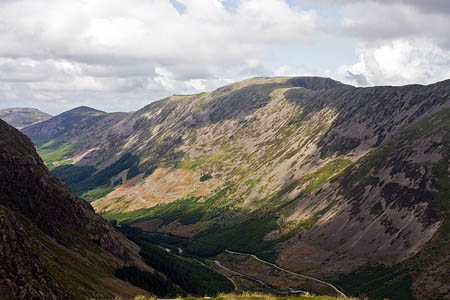An environmental charity is calling on councillors to halt the process that could lead to nuclear waste being buried under the Lake District.
Three councils are due to meet on Wednesday to decide whether to proceed with explorations into whether west Cumbria could be used as the site for an underground waste depository.
Ennerdale, one of the most unspoilt valleys in the Lake District and the subject of a long-term ‘rewilding’ scheme, is one of the areas touted as having potentially suitable geology, along with Eskdale and the Solway Coast area of outstanding natural beauty.
But the Friends of the Lake District, which represents the Campaign to Protect Rural England in Cumbria and recently claimed victory in getting the Honister zip-wire plans thrown out for a second time, says moving to the next stage of site selection could be illegal and subject to a challenge in the courts.
The plans have provoked widespread opposition in an area that is largely pro-nuclear, with the Sellafield reprocessing plant and its associated industries providing much of the employment and economic generation in an area of relative deprivation.
Allerdale Borough Council, Copeland Borough Council and Cumbria County Council will decide this week whether to move to the next selection step – stage four – and are the only local authorities in England still interested in hosting the deep underground facility, which would be up to 900m under the Cumbrian landscape and the size of a small city.
The selection process follows the 2008 Westminster Government’s Managing Radioactive Waste Safely white paper.
In a letter addressed to councillors, Friends of the Lake District recommend further geological desk-based analysis, together with related hydrological conditions, being conducted independently and openly, involving a wide range of interest groups and public representatives before progressing any further towards site selection.
The charity says experience of international site selection for underground nuclear storage facilities shows that the most suitable geological areas should be identified first and only then detailed investigations be carried out and engage the affected communities.
Jack Ellerby, policy officer at Friends of the Lake District said: “Public anxiety, by a wide range of interests and communities potentially affected, about the neutrality of the decision making process associated with the MRWS process is growing.
“The process has lost the trust of the people and businesses of Cumbria.
“Suitable geology to host any underground repository is key to the whole process to ensure a safe, secure and technical facility’.
“The evidence we’ve seen shows the potential is low in the mudstones on the Solway and the Eskdale granites.
“In the interests of Cumbria’s economy and environment as a whole, land in or under the Lake District National Park and the Solway Coast area of outstanding natural beauty should be taken out of the equation in any case.”


